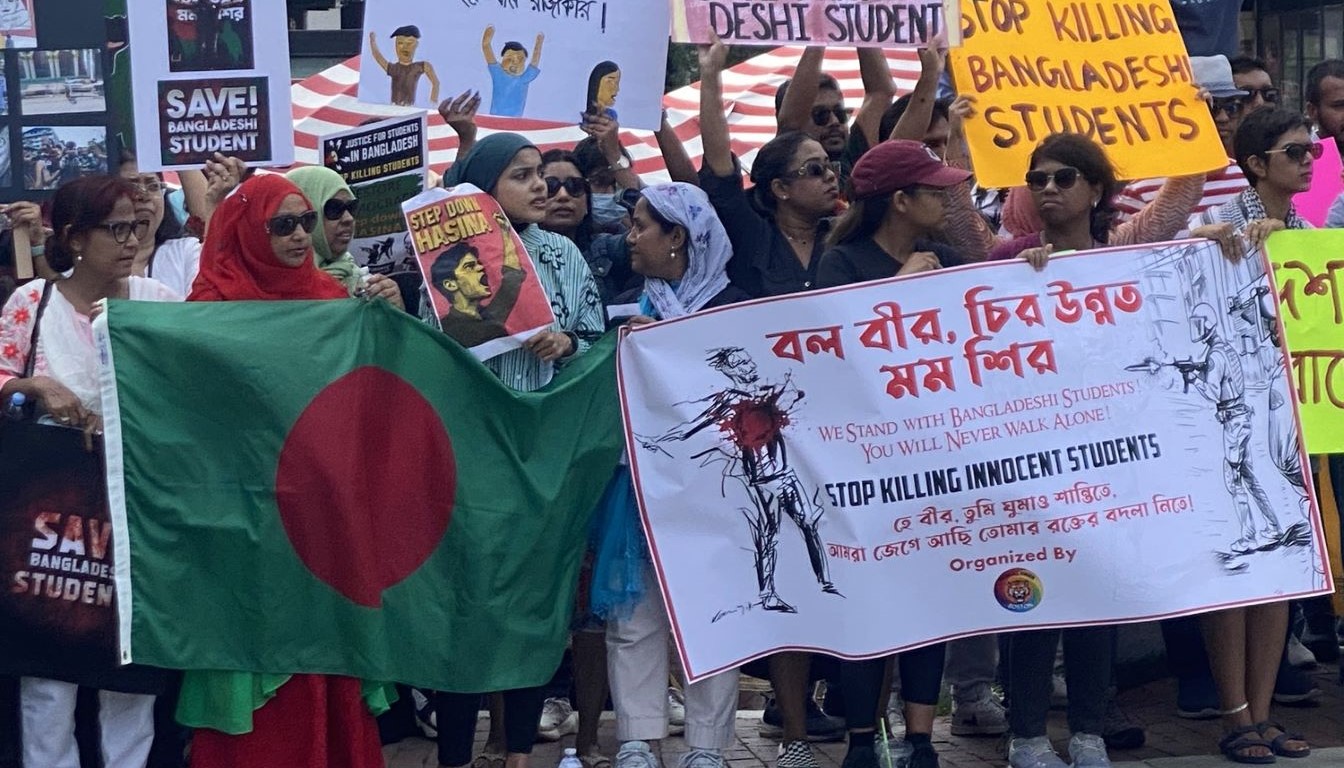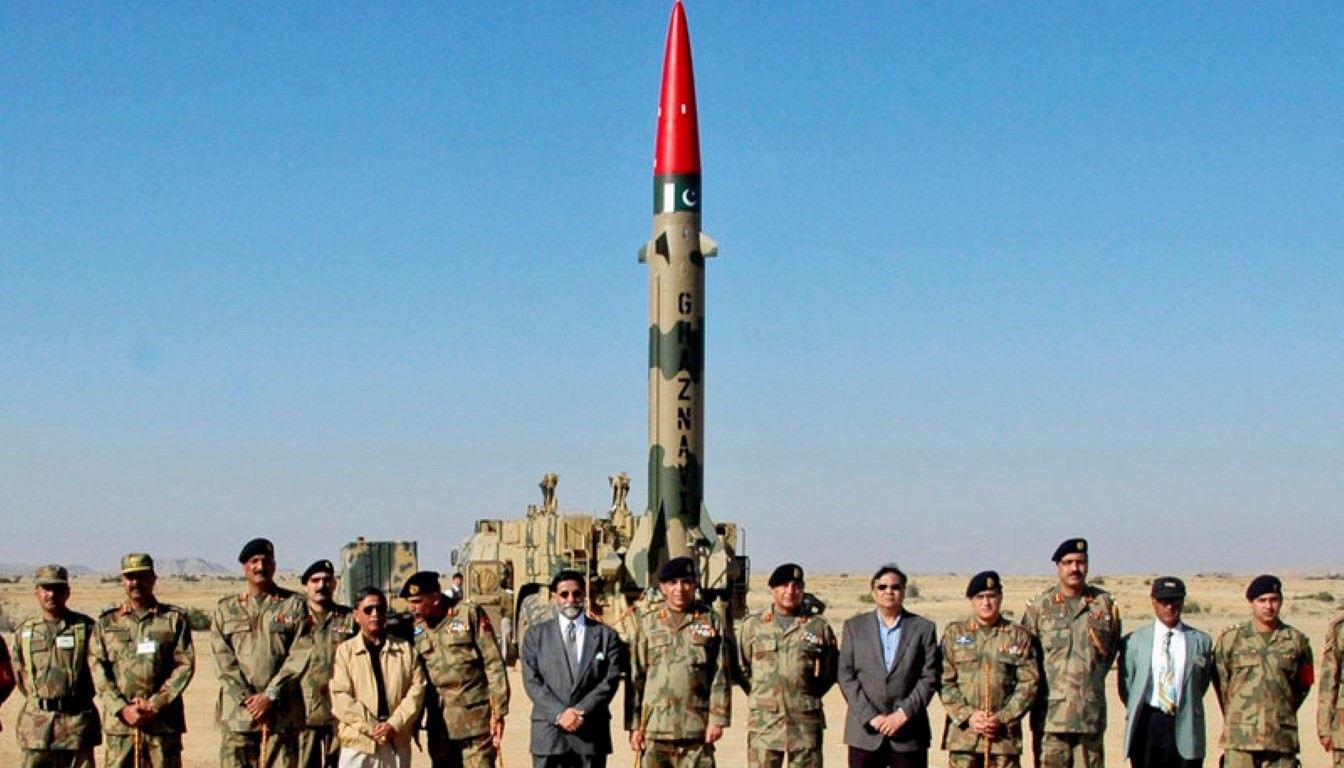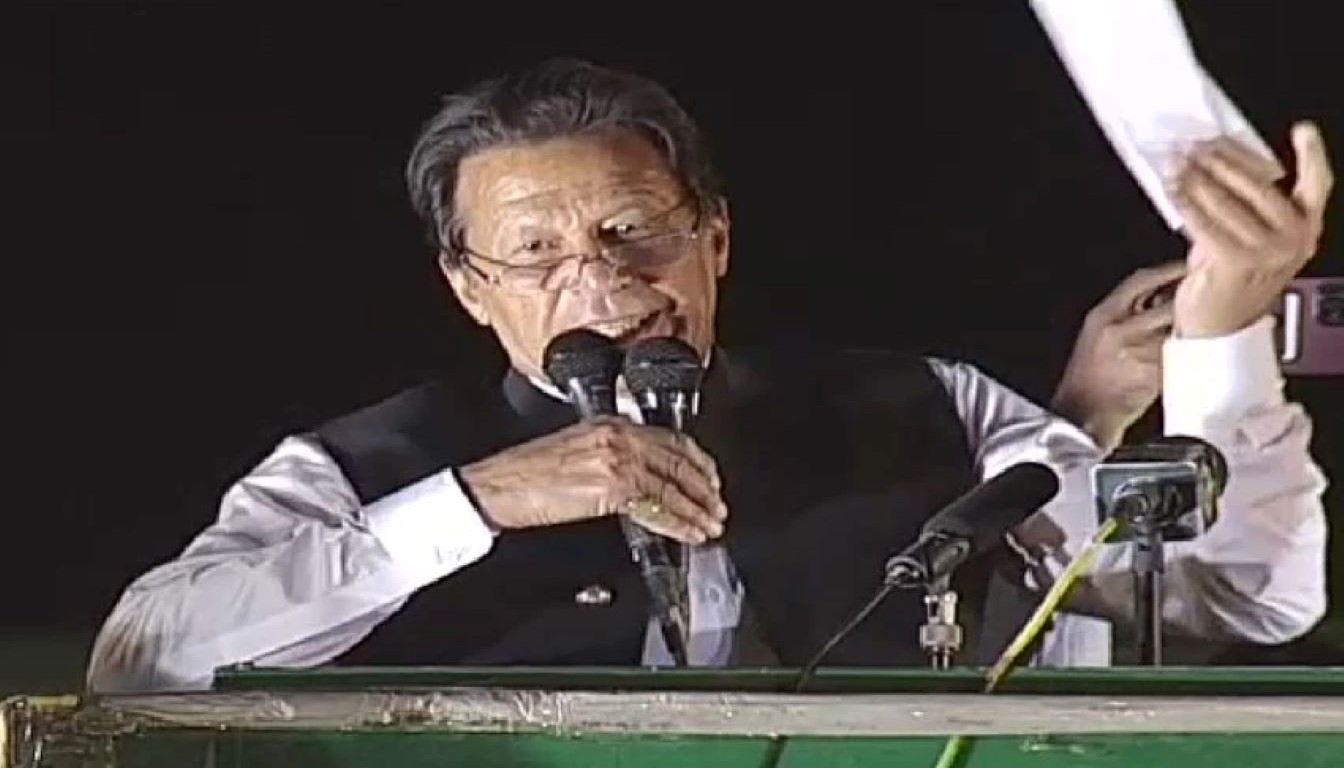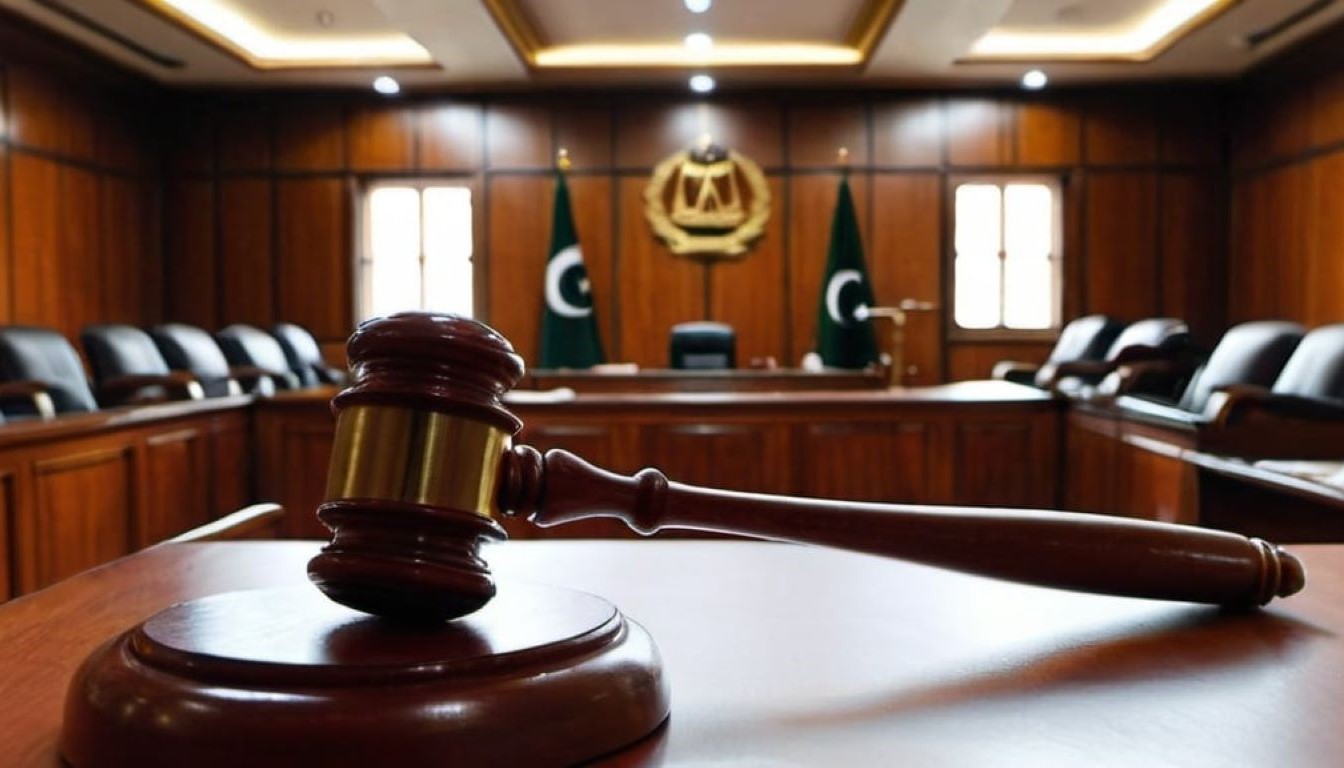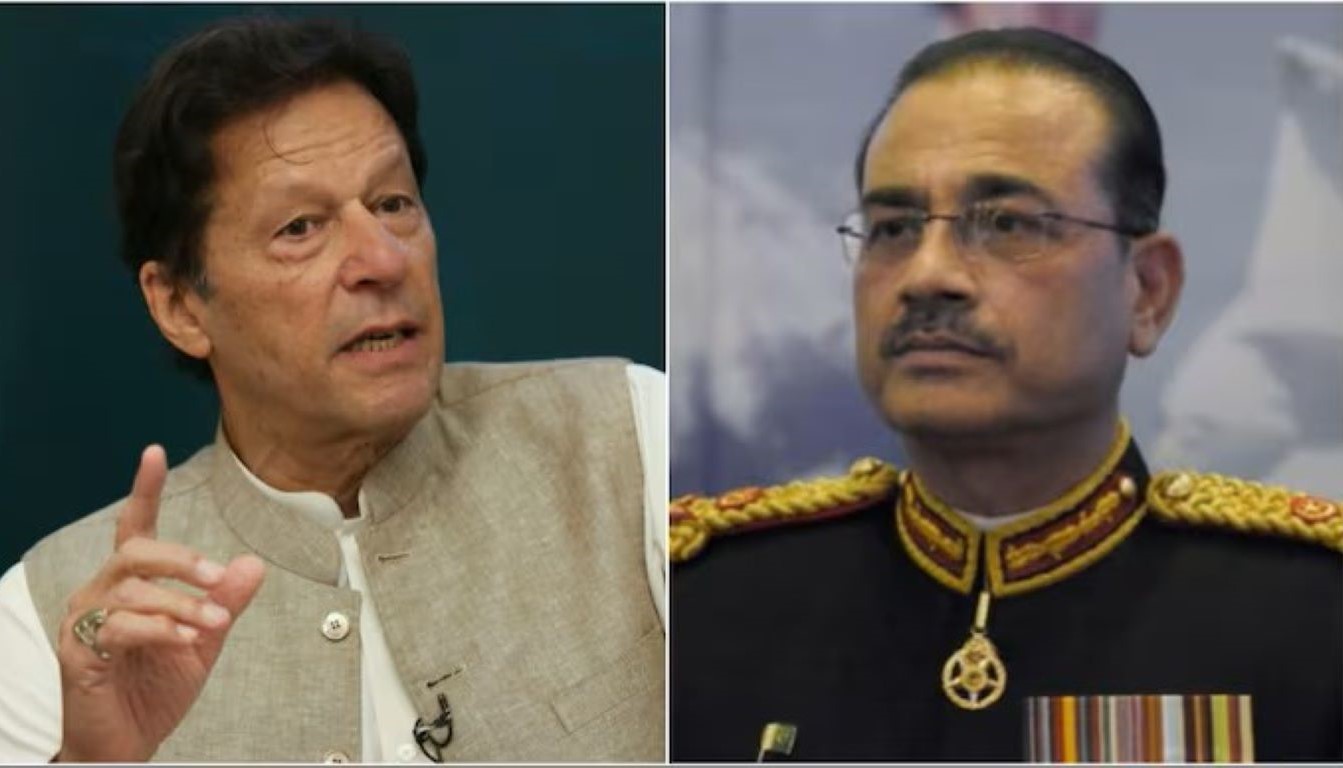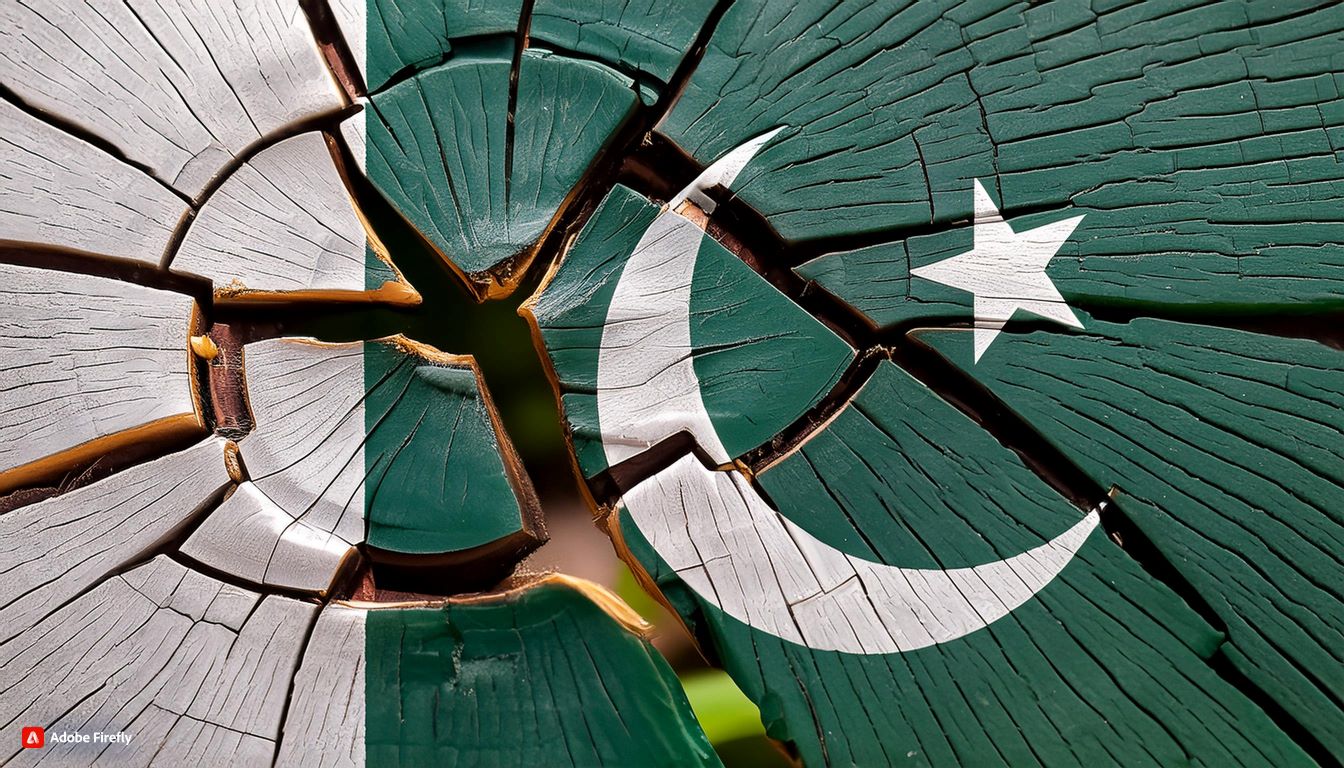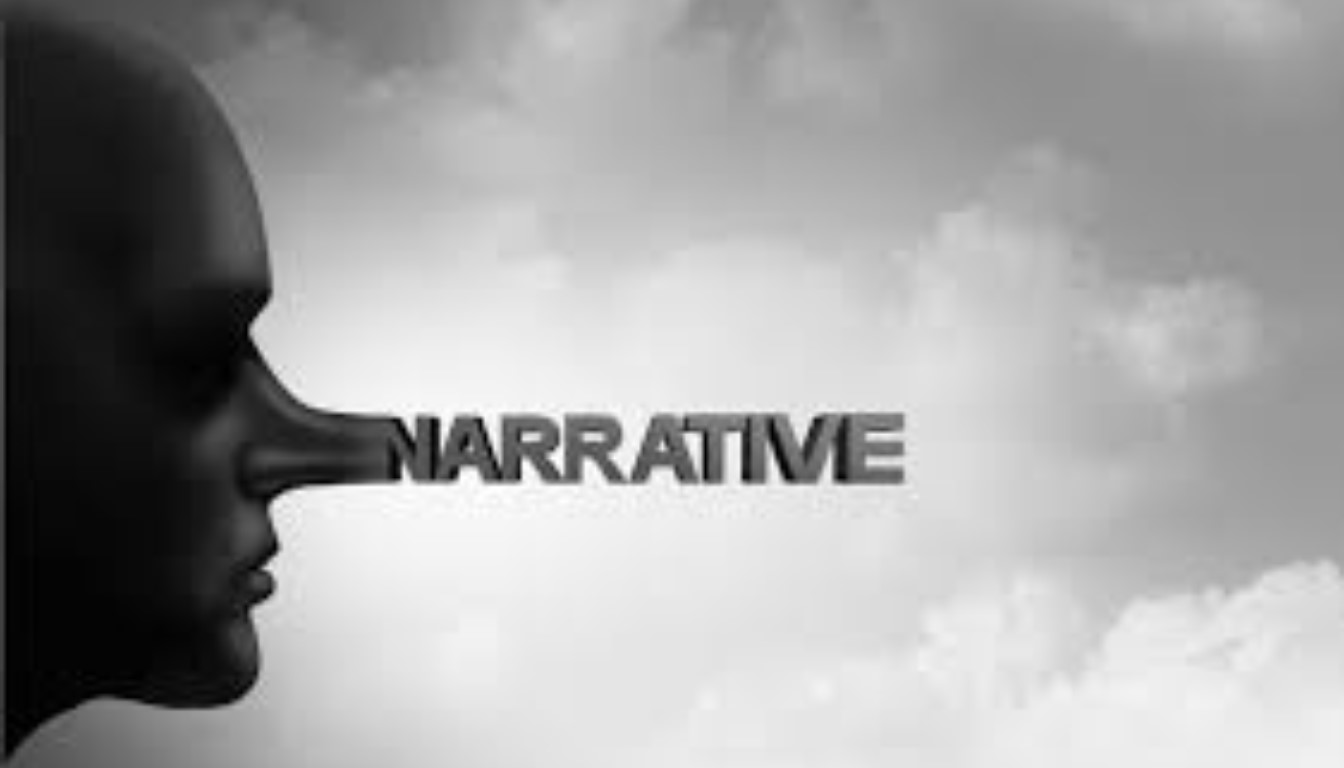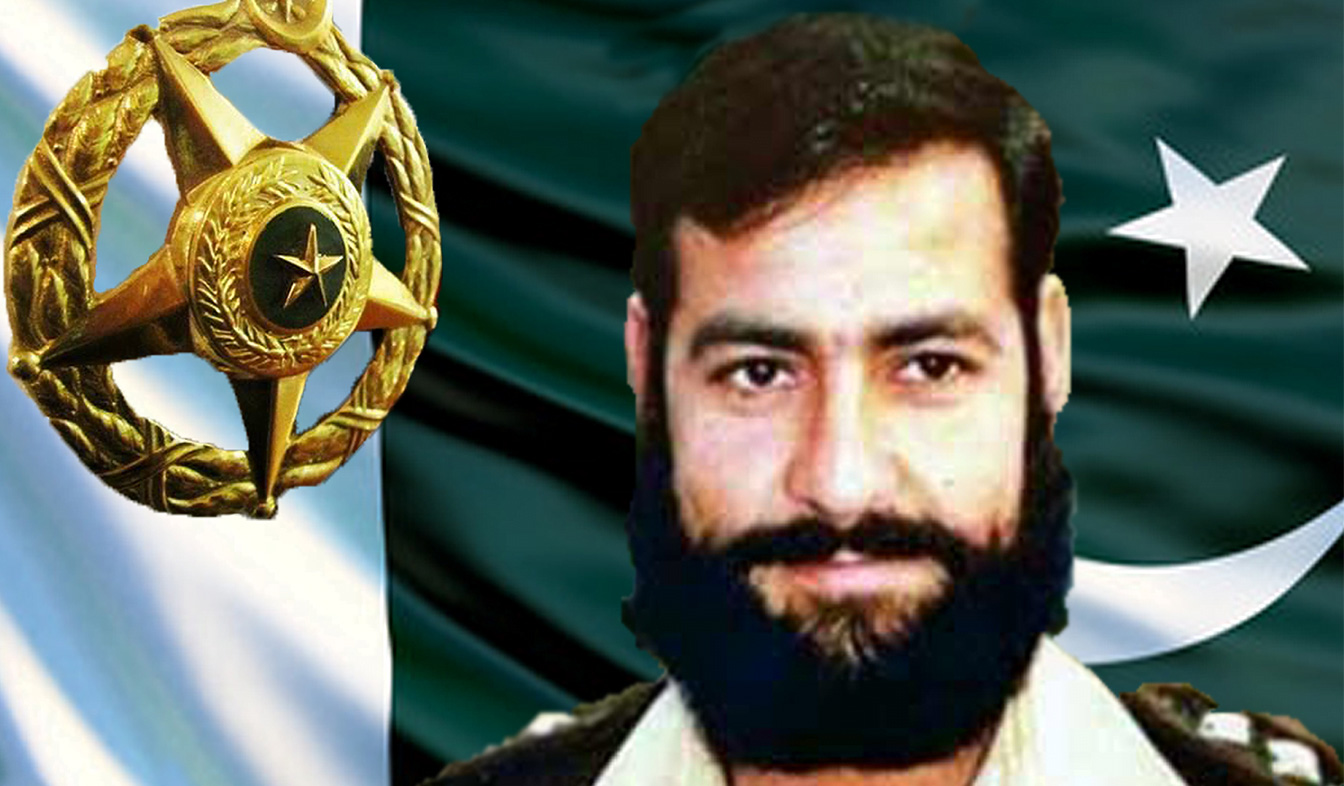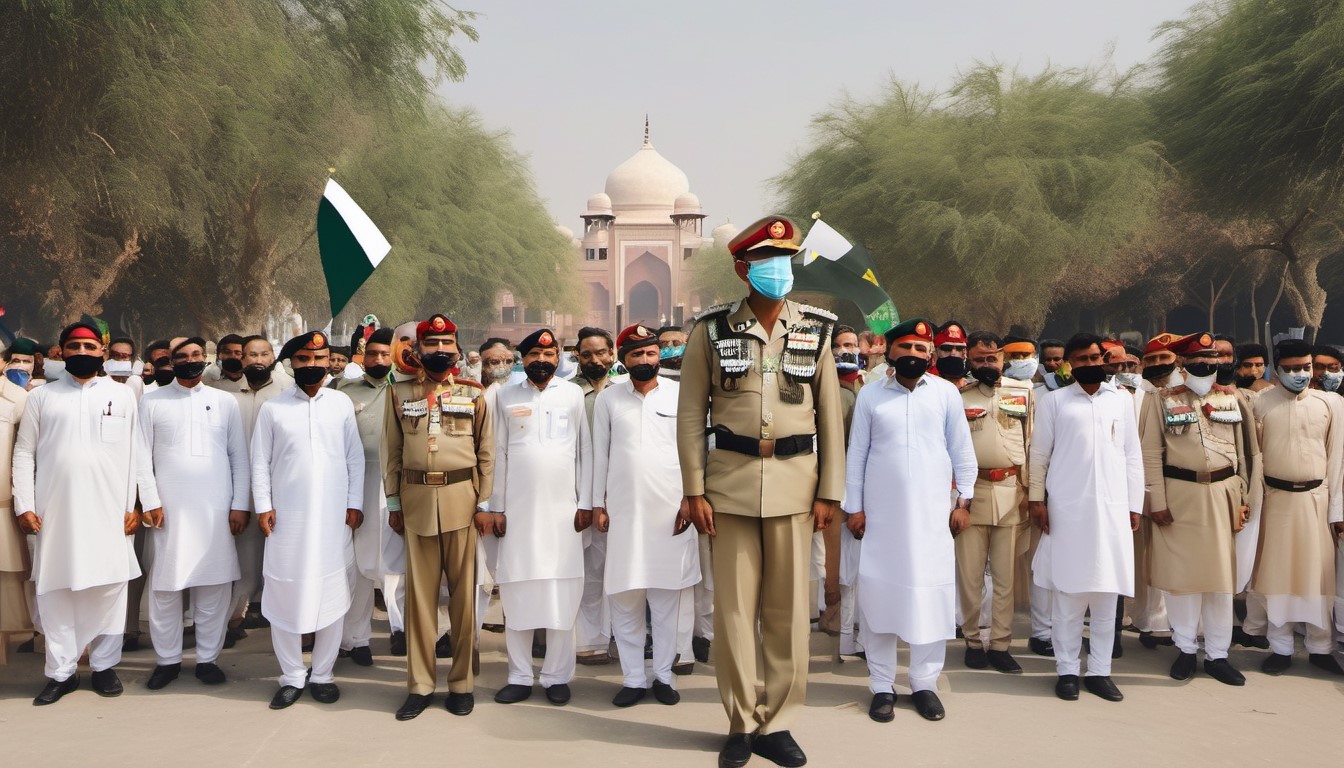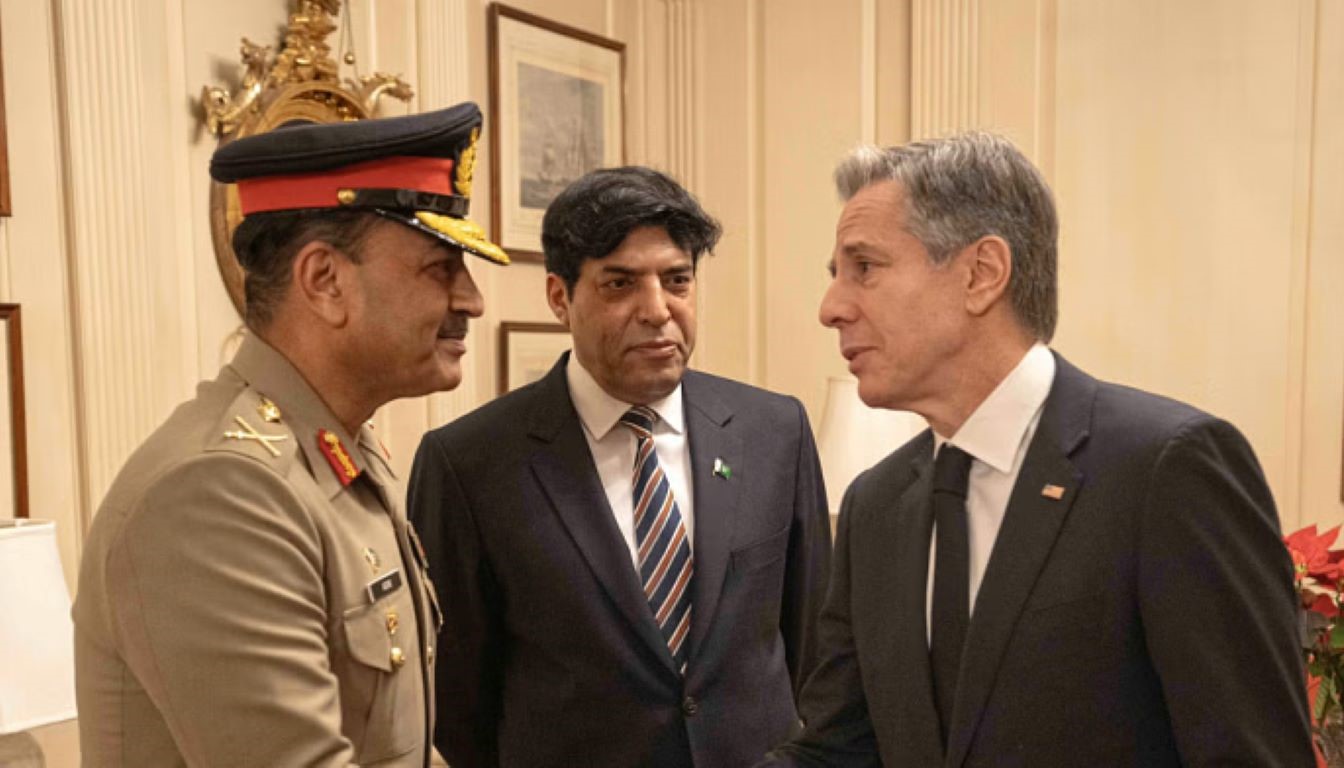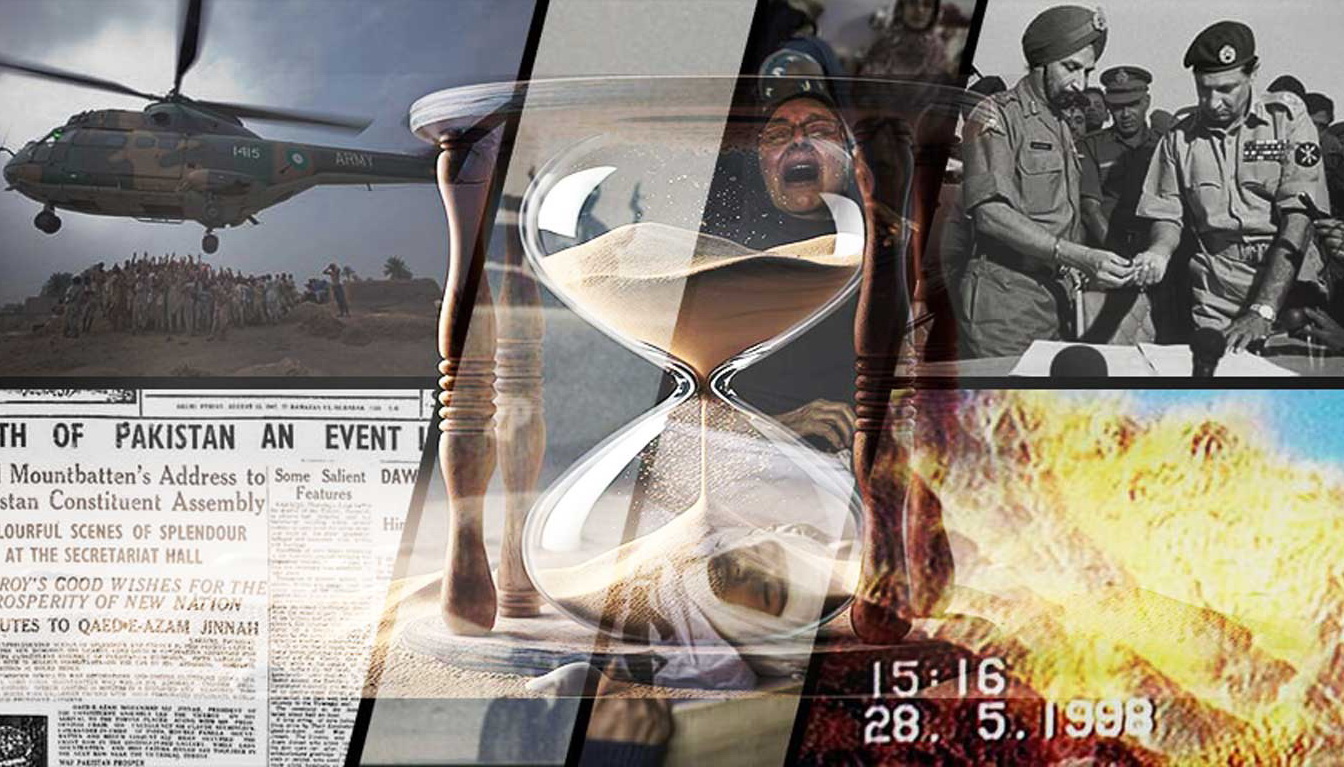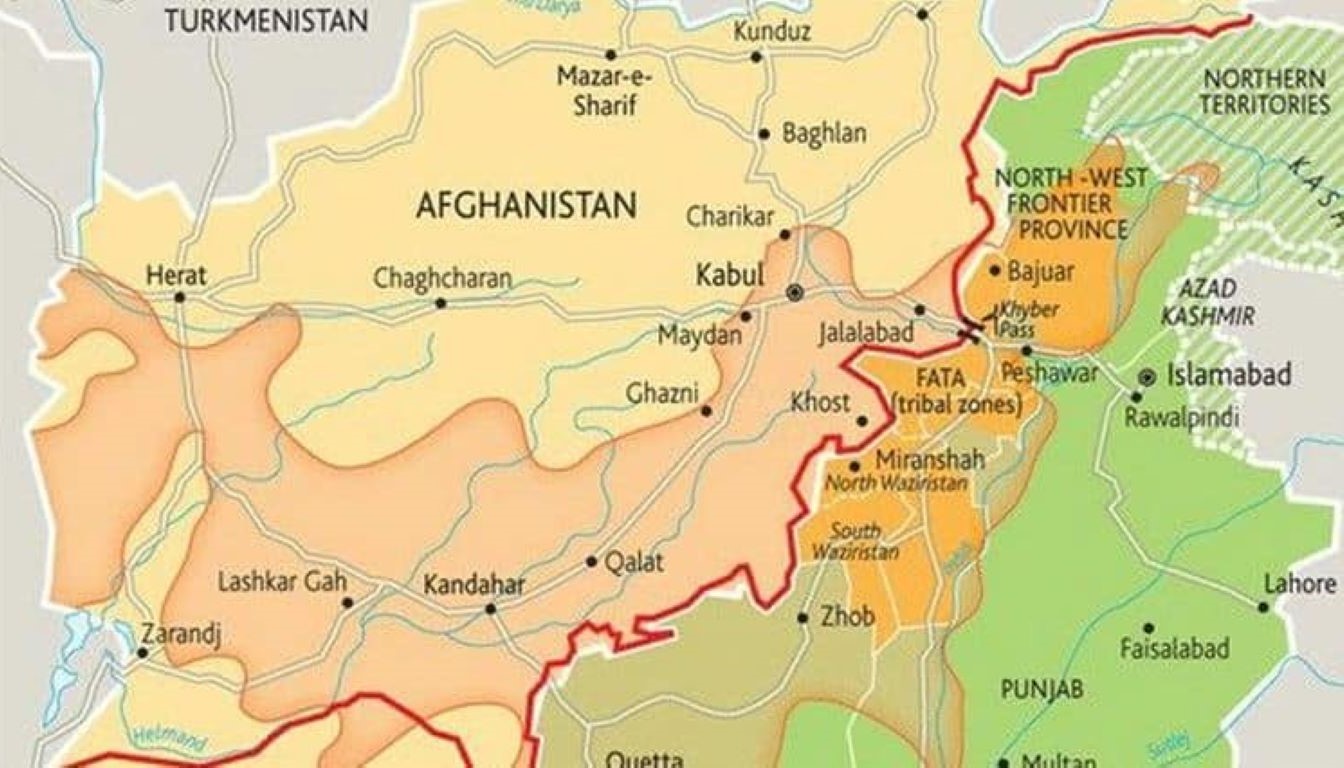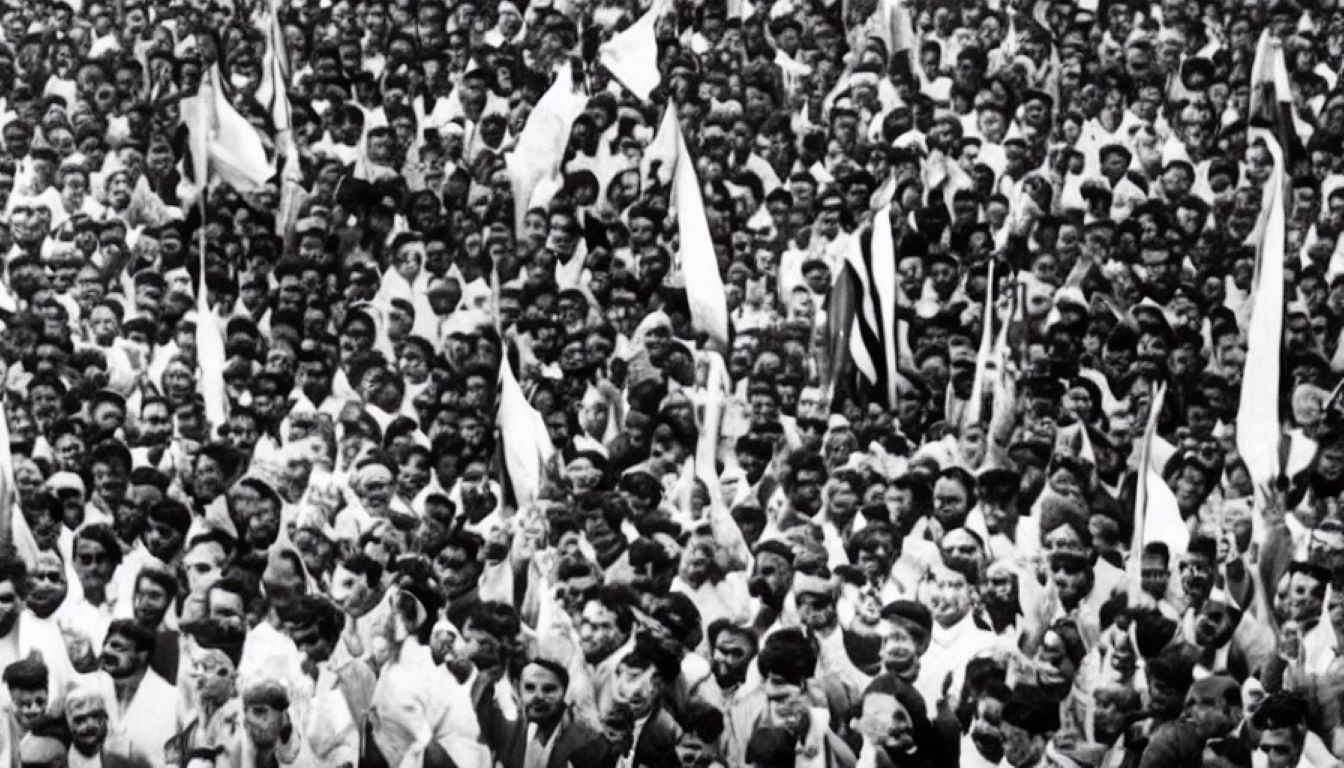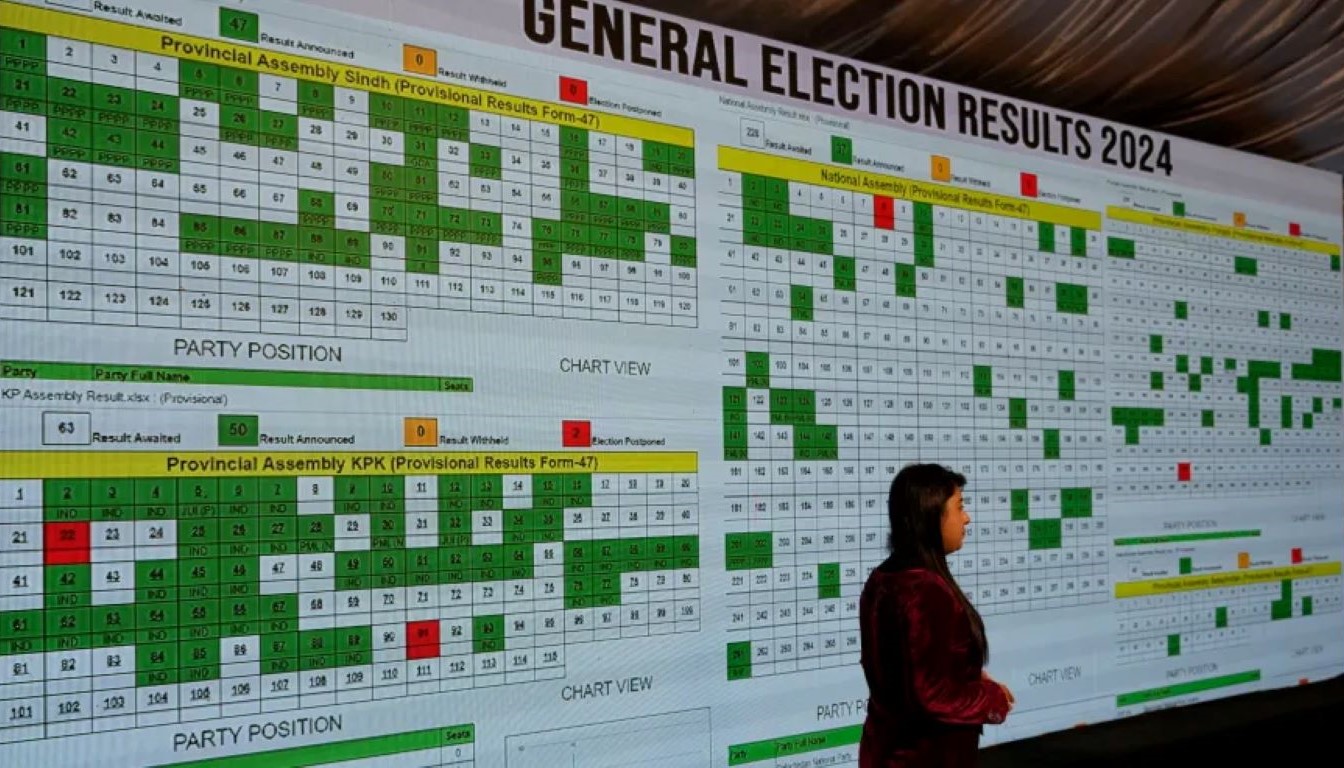Traditionally the institution of pivotal importance to our army was the unit to which one belonged. This was true whether one was a General or a Jawan. This was their spiritual, as well as their physical center. They belonged to the unit, as it belonged to them. This was a legacy which they shared in common and in equal measure, without appropriation by rank.
In the old days it was common therefore that if a unit was going down, the seniors would join heads to single out an officer most likely to get it out of the rut, and then use their influence to get this officer posted to command the outfit. And miraculously, in a couple of months the unit would change its stripes and begin to reflect those of its new commanding officer, while the graph of its trajectory changed direction accordingly.
This course of action was dictated by nothing but devotion to an institution to which they all belonged equally. And to figure out why it always worked, one did not need an A+ from Staff College. The formula was very basic viz. to get any organization working in top gear, all that was needed was to get the best man for the job, place him at its head, and give him all the support he needed.
With the passage of time this devotion and the spirit behind it steadily declined to a point where it now survives mainly as hollow sloganeering to meet the demands of lip service. Today, selecting the best man for the job comes into display mostly when a senior officer is allotted agricultural land in Yazman Mandi, and he begins to look for a retired Havildar or JCO to manage it. And frequently they manage to get the man they were looking for.
The wonder is why they did not apply the same criteria when selecting the High Command, which they did while selecting Havildars to run small farms! And why the High Command did not display the same patriotic devotion whenever it moved in to govern the country.
Thinking about this I cannot help remembering the Generals I have seen or known over the years. The first real live General in uniform that I saw was when I was all of five. And many decades later, in end 2015 I saw my last one who checked out all these boxes. The difference between the two was sharp, to say the least.
Among most of the old breed, the last of whom bowed out in the mid-1970s, there was a marked aura of confidence. Because of this they seemed well grounded and very comfortable in their skins. Therefore, they did not seem to have the need to summon arrogance to fill in for their inadequacies. Thus they had no fear of being “discovered” by their subordinates, and so they mixed and mingled with ease.
I think the main reason for their confidence was that they won their spurs serving under commanding officers, whether British or Indian, who led from the front, in an army which considered the rank of Lt Col as pivotal, and which was NEVER bestowed as “baksheesh”. And they were bloodied during WW2, where they had anything from six months up to four years of grinding experience of battle. Compared to this, a two-week war was mere battle innoculation or a skirmish at best. Those who came out whole and unscathed from their experience of World War, could only come away much stronger and with a substantial degree of confidence about themselves.
And, they had yet to be bitten by the bug of all-consuming materialism of today which has destroyed all the best in soldiering, and every bit of its romance. In my opinion the sharpest break with the army culture of old took place during the Musharraf era. His infamous NRO seemed to be the formal signal for Generals to take their trousers off and advance bravely into the world. And this caused the divide between senior and the junior officer to become much sharper.
In the old days if you went to a General’s house, even without an appointment, and handed your chit to his batman, there was every chance that the General would walk into the drawing room where you were seated. A good part of his house you’d see was furnished from the same M.E.S Furniture Yard which furnished your own room in the mess. And if you rang up a General’s house, the probability was that one of his kids, his batman, his wife, or the General himself would answer the call. This was a far cry from today when every General has an operator as a cutout.
Those were days that Generals went out for walks. Along the way they ambushed by enterprising youngsters. Whether they imbibed or not, once a month they were bound to saunter into the local club where the less repellent among them were expected to be mobbed by youngsters. And when they stayed in the messes, they used to eat in the dining room where any of the other officers could be dining with him. The present malaise of Generals receiving fruit baskets and flower bouquets upon entering their VVIP rooms as guests was not known; and neither was it the custom that their meals would be sent up to them. And when they left, they were expected to ask for and pay their mess bills!
Those days occasions were designed to bring together Generals and officers under their command as frequently as was possible. Today the effort is to keep them apart because Generals find it beneath them to stoop to conquer.
The Generals taking the veil and going into seclusion was a slow affair. I can bet that in the last thirty years no General has been seen dining in company with other members of the mess where he is a guest; and none who has paid his mess bills in the last fifty. One hardly sees them in a club. Instead of going for walks they now have their own fixed golfing quartets of buddies, where they might rub an occasional shoulder with a caddy, but never with a captain or a subaltern. They live behind high walls which have been raised higher with time. Their gates are always shut. They invite to their houses those like them, and frequently what they discuss is “business” opportunities, or names of architects, or the rates of marble tiles covering their floors. And when they retire, they do so to separate gated colonies, secure even from the gaze of lesser beings.
All that now needs to be done to make their insulation and isolation complete is for them to earmark separate graveyards for themselves, so that in death, as in life, they remain separated from their commands.
More than any other General, Hannibal makes it to the shortlists of most military historians, as the best General ever. And this, not so much because of his tactical brilliance alone, but because he led an entirely mercenary army, which successfully operated in the heart of enemy territory for nearly two decades. This had to be sustained by a very high order of leadership. And Hannibal drew on the complete loyalty of his men by sharing with them, all their privations in equal measure.
This is where his leadership was rooted. And our Generals have been striving to provide high-level leadership to their subordinates by progressively moving into purdah, and empoying their commands for all purposes other than soldiering!
After all what romance is left to the present-day soldier? What stories will he regale his grandkids with? Will he tell them how thrilling it was for him to have been involved with rigging the 2024 elections, and what a marvelous success that turned out to be!
As Zardari and Shahbaz Sharif have been installed as President and P.M by the High Command, and both for a second time, what are we to think? As per the age-old formula for success in putting an organization right, already well known to the Generals, all that needed to be done was to find and put the best man at its head. Surely they would also know that the opposite was equally true i.e that in order to destroy an institution all that was needed was to pull out someone from the gutter, and place him at the head of what needed to be destroyed. After that, all that was required for this piece of excrement to complete the task successfully, was not to inferfere with it.
The question then is, what was the purpose of the Generals that they deliberately dredged up the meanest from the moral dregs of society, and handed the country over to them three times in the last two years, if it was not the destruction of Pakistan?
Every one in the High Command is complicit in this high crime, and must answer this question sooner or later. And even if they flee abroad, an “Udham Singh” mechanism will await them there, so that they are certain to be held accountable.
How may the misfortunes of a country be graded? In my book the most unfortunate country is that where pimps, mutts, and thieves, whose real calling was to inhabit the sleaze pits of small-town brothels, but who, because of ill destiny of the country, got deflected onto the highest reaches of unimpeded power.
And there they did what we are now witnessing.

